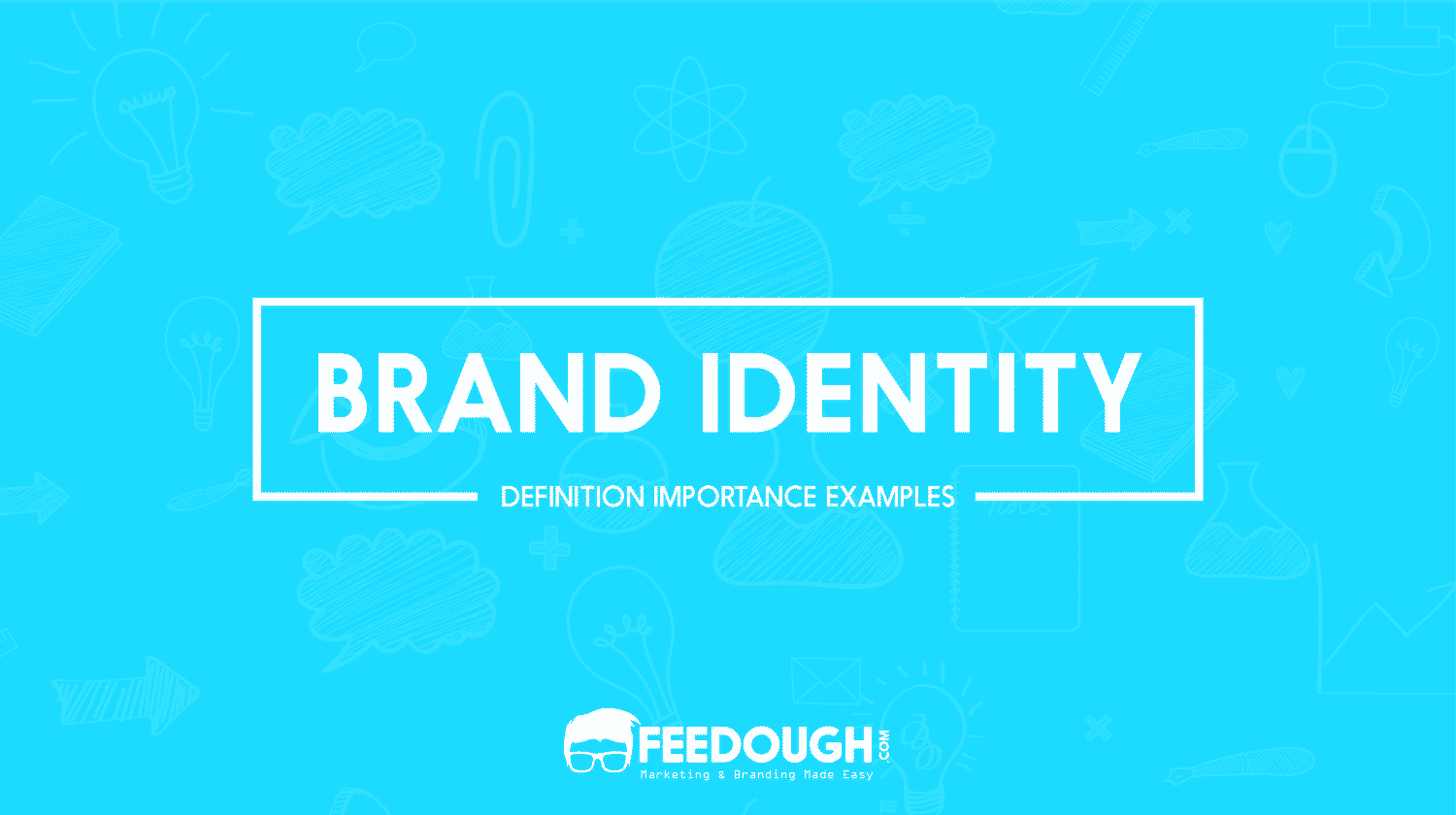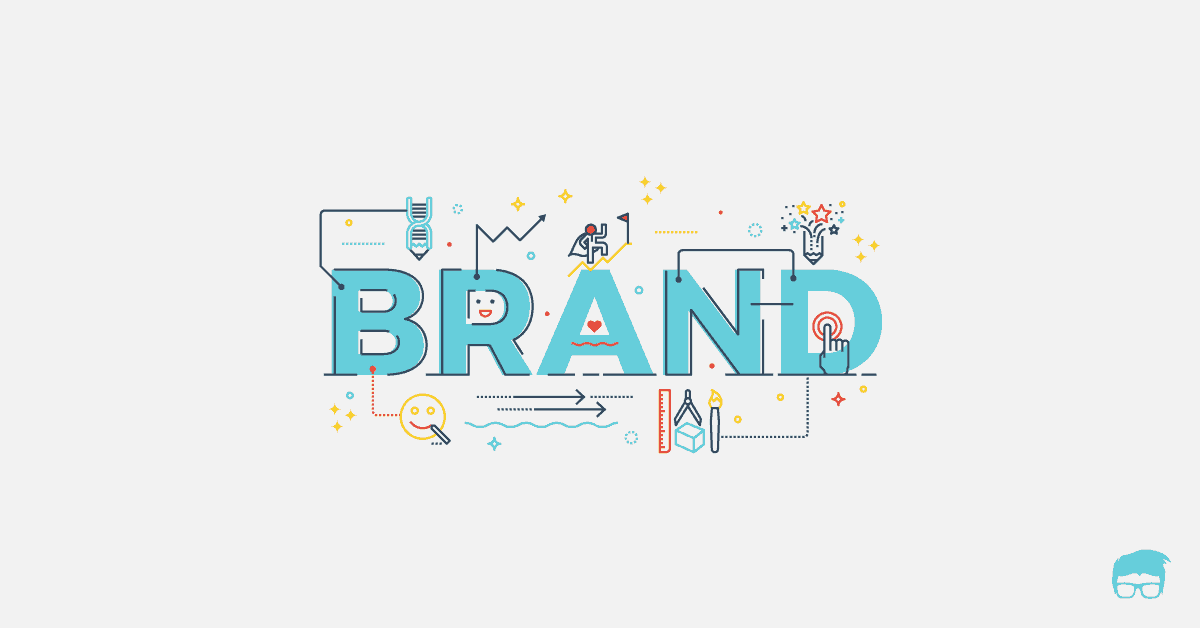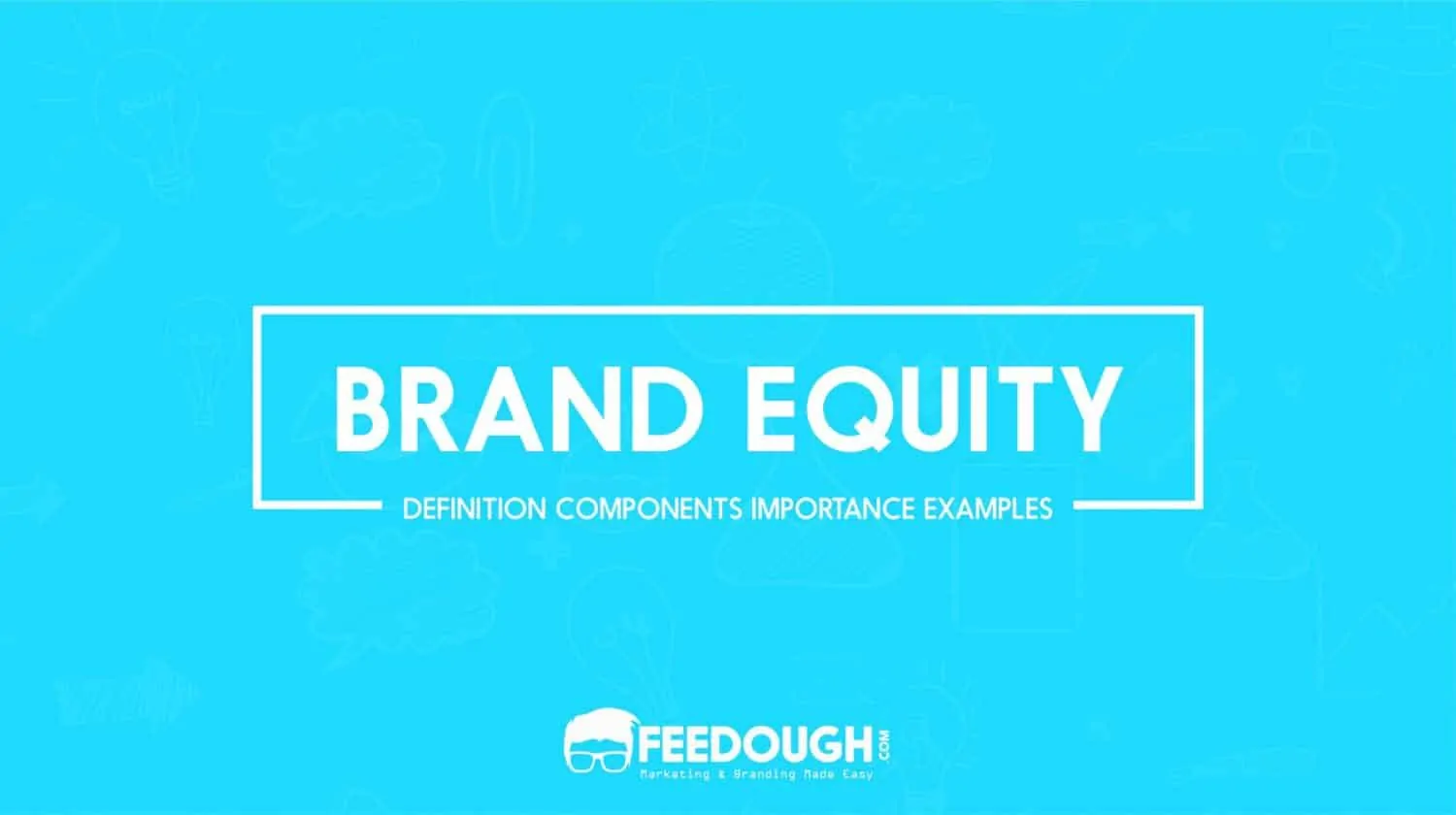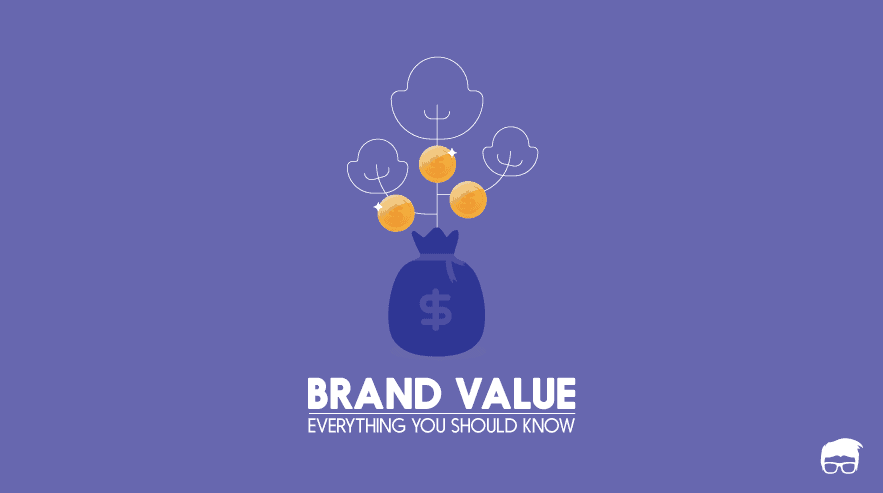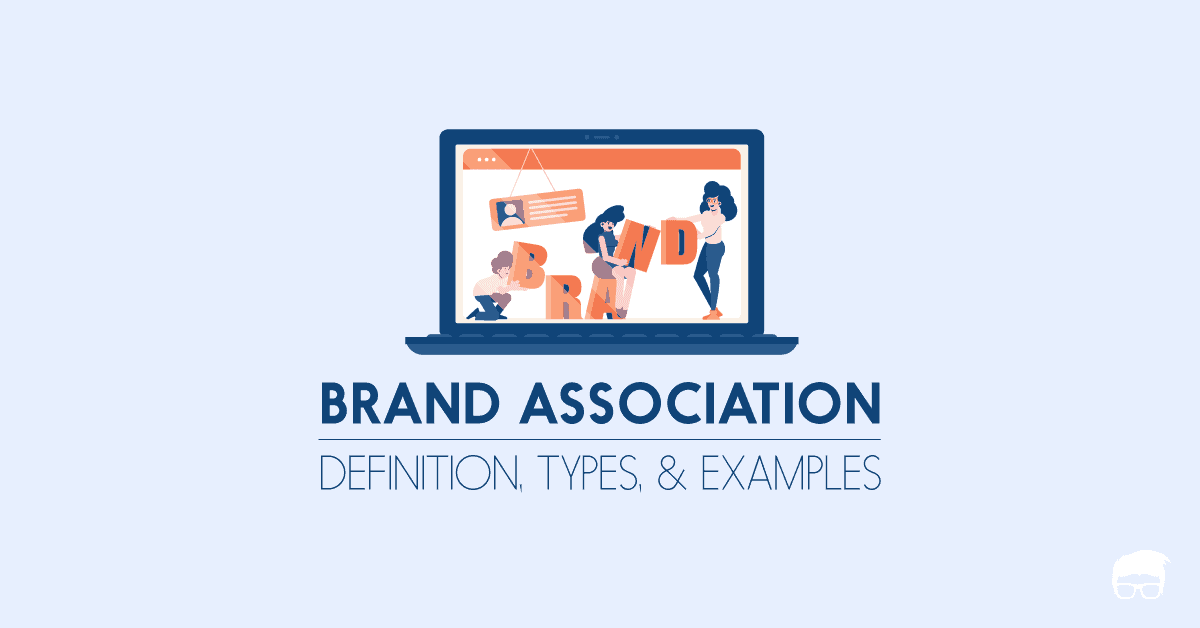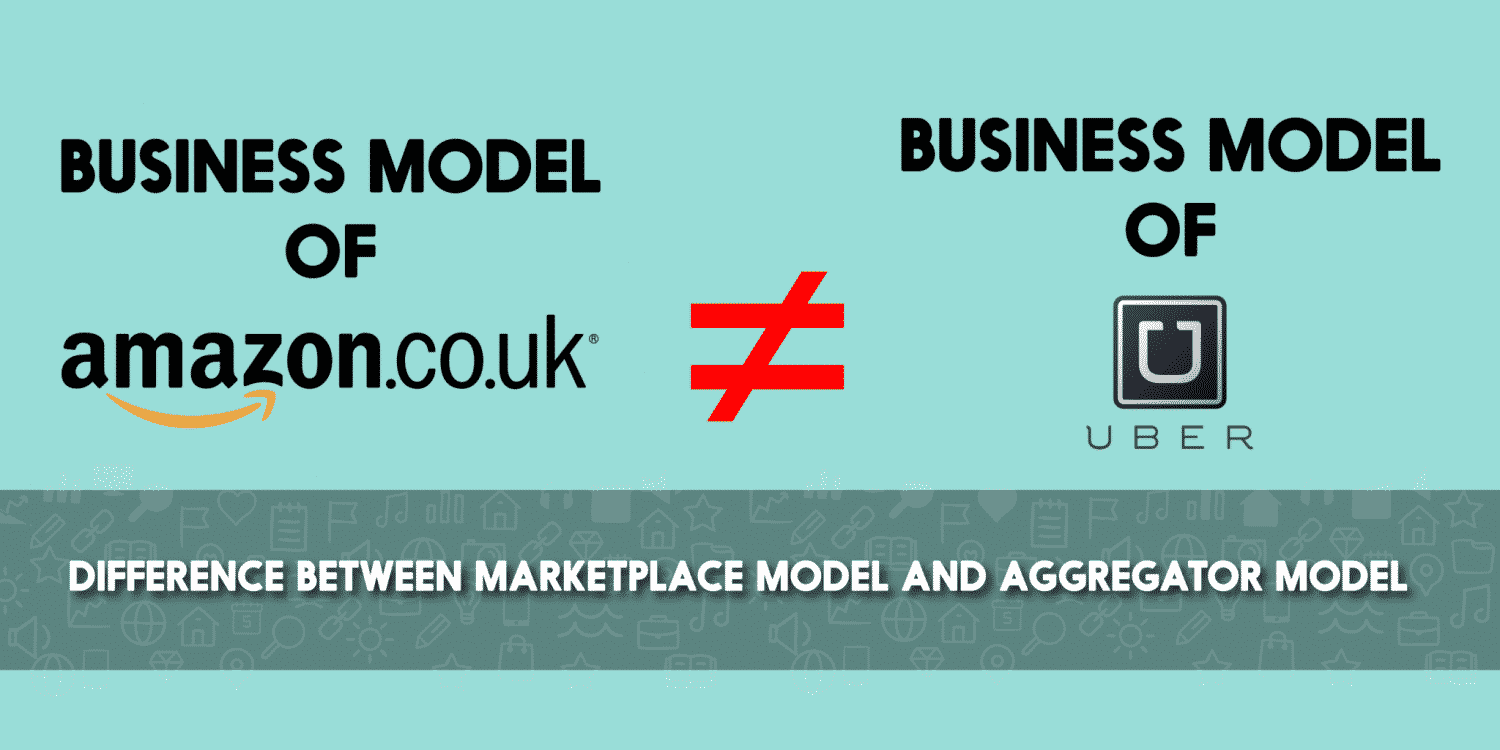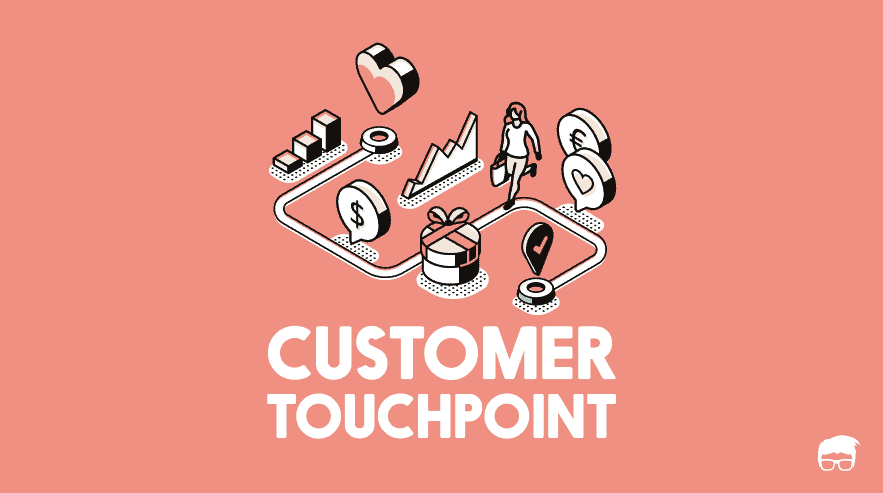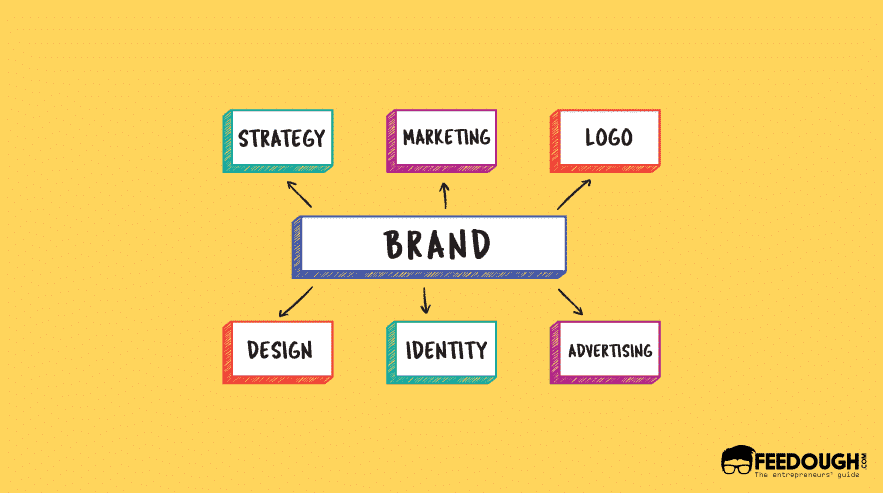Brand Image is how customers think of a brand. It can be defined as the perception of the brand in the minds of the customers.
This image develops over time. Customers form an image based on their interactions and experience with the brand. These interactions take place in many forms and do not necessarily involve the purchase or use of products and services.
What Is Brand Image?
Brand image is the perception of the brand in the mind of the customer. It is an aggregate of beliefs, ideas, and impressions that a customer holds regarding the brand.
An image is the set of beliefs, ideas, and impression that a person holds regarding an object.
– Kotler
A simple definition of brand image could be – the customers’ perception of the brand based on their interactions and experience with the brand or their beliefs of what the brand could be.
A brand can be perceived differently by different customers. Hence, the formation of a consistent brand image is a huge task for any business.
Importance Of Brand Image
Every Company strives to build a strong image as it helps in fulfilling their business motives. A strong brand image has the following advantages –
- More profits as new customers are attracted to the brand.
- Easy to introduce new products under the same brand.
- Boosts the confidence of existing customers. Helps in retaining them.
- Better Business-Customer relationship.
A company with a bad image may struggle to operate and might not be able to launch a new product under the same brand.
What Gives Rise To Brand Image?
Companies spend most of their time, effort, and resources in building their brand identity. They decide how their brand will look, how should the customer feel when they contact the brand, where should the brand be located in consumers’ minds, and other associations. All these, when summed up, give rise to a brand personality which eventually gives rise to the brand image when the customer interacts with this brand or gets to know about it.
Now, it is not always necessary that an image forms out of interactions and experience with the brand. There are times when prospective customers form an image of the brand in their mind after reading news about the brand or after watching an influencer review it.
This is just like with humans. When we meet a person, we assess his personality and form a perception of him in our minds based on our interactions. Similarly, we also form perceptions when we hear about that person from some of our friends.
Examples Of Brand Image
- Coca-Cola is a brand known for a product best used at the time of happiness, joy, and good experience. It is the ‘original cola’ and has a ‘unique taste’.
- Woodland Shoes are solid and are an ideal choice for outdoors. They last very long.
- McDonald’s has an image of an inexpensive brand that serves the food very quickly.
- Walmart is best known for a retail brand selling goods for a lesser price than usual retailers.
- Rolls-Royce is a premium brand considered to be exclusive for wealthy and influential people.
- The brand image of Nike is different from other apparel brands. It’s considered to be a cult brand which deals only in sportswear.
Brand Image vs Brand Identity
Brand identity is how the company portrays itself to the customers. It’s how the brand wants the customer to perceive it.
Brand image, on the other hand, is how the customers actually perceive the brand. The company has less control over its image and always strive to align the brand image with the desired brand identity.
Brand Image | Brand Identity | |
|---|---|---|
Definition | Brand image is the customers’ perspective of the brand. It is how the customers actually see the brand based on their interactions. | Brand identity is how the brand wants to portray itself to the customers. It’s how the brand look at itself. |
Control | The brand has less control over its image. | Brand identity is fully controlled by the brand. |
Indication | Customers’ perception of the brand. | How the brand identifies itself |
Go On, Tell Us What You Think!
Did we miss something? Come on! Tell us what you think of this article in the comments section.
A startup consultant, digital marketer, traveller, and philomath. Aashish has worked with over 20 startups and successfully helped them ideate, raise money, and succeed. When not working, he can be found hiking, camping, and stargazing.

